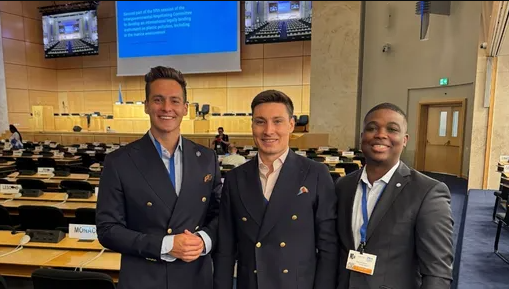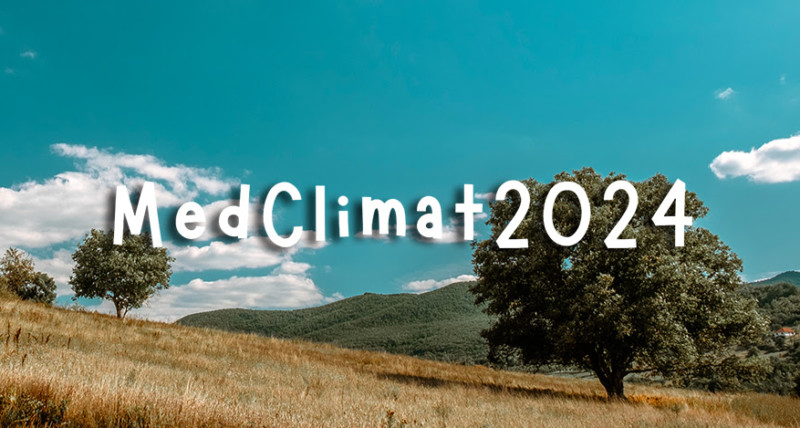These three residents of the Loiret have launched an open letter that has gathered nearly 700 signatures from French-speaking NGOs — a first of its kind. They are currently in Geneva, aiming to secure a treaty to combat plastic pollution.
For the very first time, an open letter has gathered nearly 700 signatures from French-speaking non-governmental organizations (NGOs). Behind this letter are five NGOs, including the association Orléans Zéro Plastique and the Objectif Zéro Plastique endowment fund, both created by three residents of Orléans: Jules Vagner, Élouan Sivilier, and Prince Maboussou.
Currently in Geneva to represent their NGOs at Negotiation Session 5.2, with the aim of securing a global treaty to combat plastic pollution, Jules Vagner shares his thoughts.
The open letter has gathered nearly 700 signatures from French-speaking NGOs. What does this mean?
« It shows that despite the different realities in various countries — between Mali and France, for example — we are all concerned and united in taking action, and in taking action quickly. »
What is the objective of this letter?
« To keep the pressure on states that have committed to moving toward a treaty. »
What are your main demands?
« We have seven. Among them: reducing plastic production to tackle pollution at its source; protecting human health by eliminating hazardous chemicals — of the 16,000 known chemicals in plastics, 4,000 have already been identified as dangerous; ending the export of our waste to the poorest countries; prioritizing reuse and refill systems rather than relying on recycling and other false solutions such as incineration. Recycling will not save us. In reality, most plastics are not recyclable. »
Why hasn’t there been an agreement on a treaty so far?
« Because on one side, there are those who are ambitious and want to address the problem at its source, by turning off the tap on out-of-control plastic production. On the other side, there are oil- and gas-producing countries — led by Saudi Arabia, Iran, and Russia, and supported by China and the United States — who strongly oppose this. The reason: their economies rely heavily on processing and exporting oil. And since it’s clear that less oil will be used for the transport sector in the future, they say: ‘To make up for the losses in that sector, we will produce more plastics.’ I would rather see no treaty than a bad one. We need a treaty whose terms work for us. »
What will happen if no agreement is reached at the end of this session?
« I don’t think it will be abandoned. It might take time, but in my view, one day there will be a treaty. »
Source: larep



